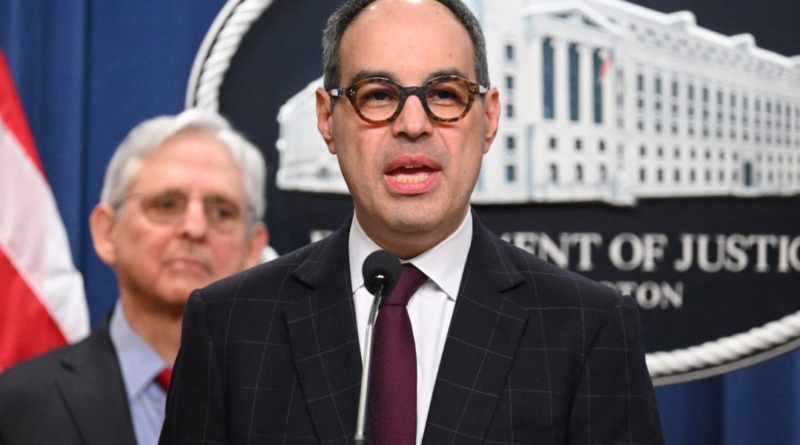Top antitrust official raises red flag on dynamic pricing and warns of biggest ‘extraction of monopoly power’ ever
The advent of Big Data, artificial intelligence, and the ubiquity of our digital footprints has made it easier than ever to uncover consumers’ preferences and price points.
And the Justice Department’s top antitrust official just delivered a stern warning to companies that may be trying to set prices on an individual basis.
During an interview with the New York Times published on Saturday, Assistant Attorney General Jonathan Kanter was asked about dynamic pricing, or the practice of rapidly changing prices based on market conditions, often for a particular time of day.
“Companies are getting better at figuring out how to maximize profits,” he replied. “The more information they have about who you are and what you’re willing to pay, the more they can charge you. I think the ability to do that on a personalized level leads to greater extraction of monopoly power than probably ever seen in history.”
That comes after fast-food chain Wendy’s said earlier this year it would test dynamic pricing, enabled by new digital menu boards. Following widespread public backlash, the company clarified that it’s different from “surge pricing.” Wendy’s added that digital menus could allow the company to offer discounts to during slower times of day
Meanwhile, Walmart is replacing its sticker price labels with digital screens by 2026, saying that the switch will mean a “price change that used to take an associate two days to update now takes only minutes.”
But the world’s largest retailer also insisted that it’s not introducing dynamic pricing, saying that it would go against one of the company’s core commitment to offering an “everyday low price.”
“It is absolutely not going to be ‘One hour it is this price and the next hour it is not,’” Greg Cathey, senior vice president of transformation and innovation at Walmart, told Reuters during the company’s annual shareholder meeting in Bentonville, Ark., earlier this month.
Meanwhile, Kanter also told the New York Times that the use of AI in determining prices is a concern as well. When asked if he views AI tools communicating about prices in the same way as human colluding on prices, he replied that “If your AI fixes prices, you’re just as responsible.”
“If anything, the use of AI or algorithmic-based technologies should concern us more because it’s much easier to price-fix when you’re outsourcing it to an algorithm versus when you’re sharing manila envelopes in a smoke-filled room,” he added.




